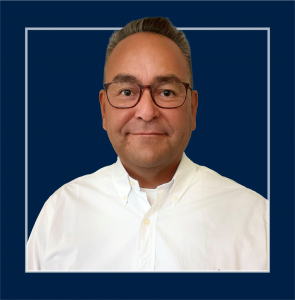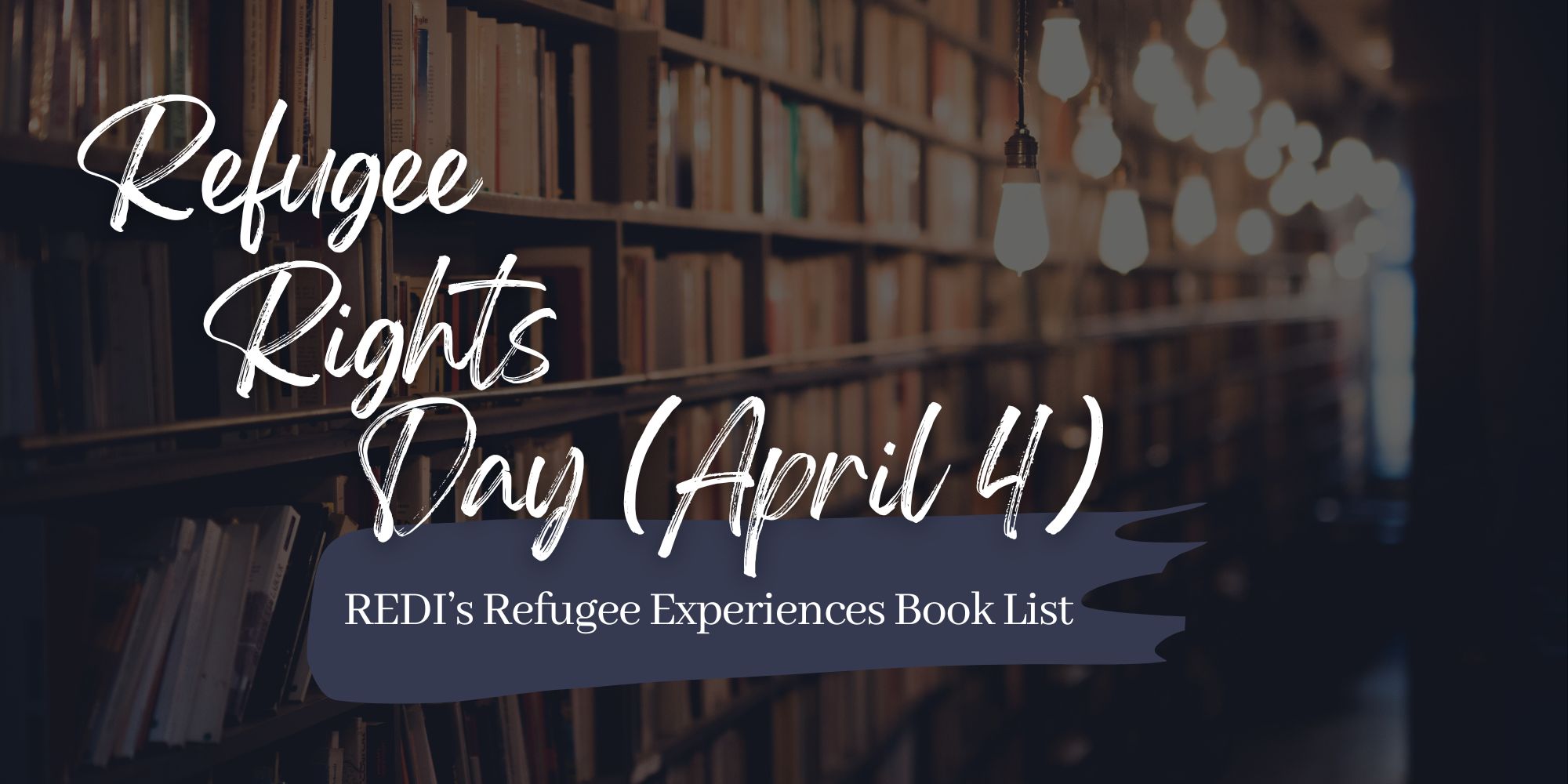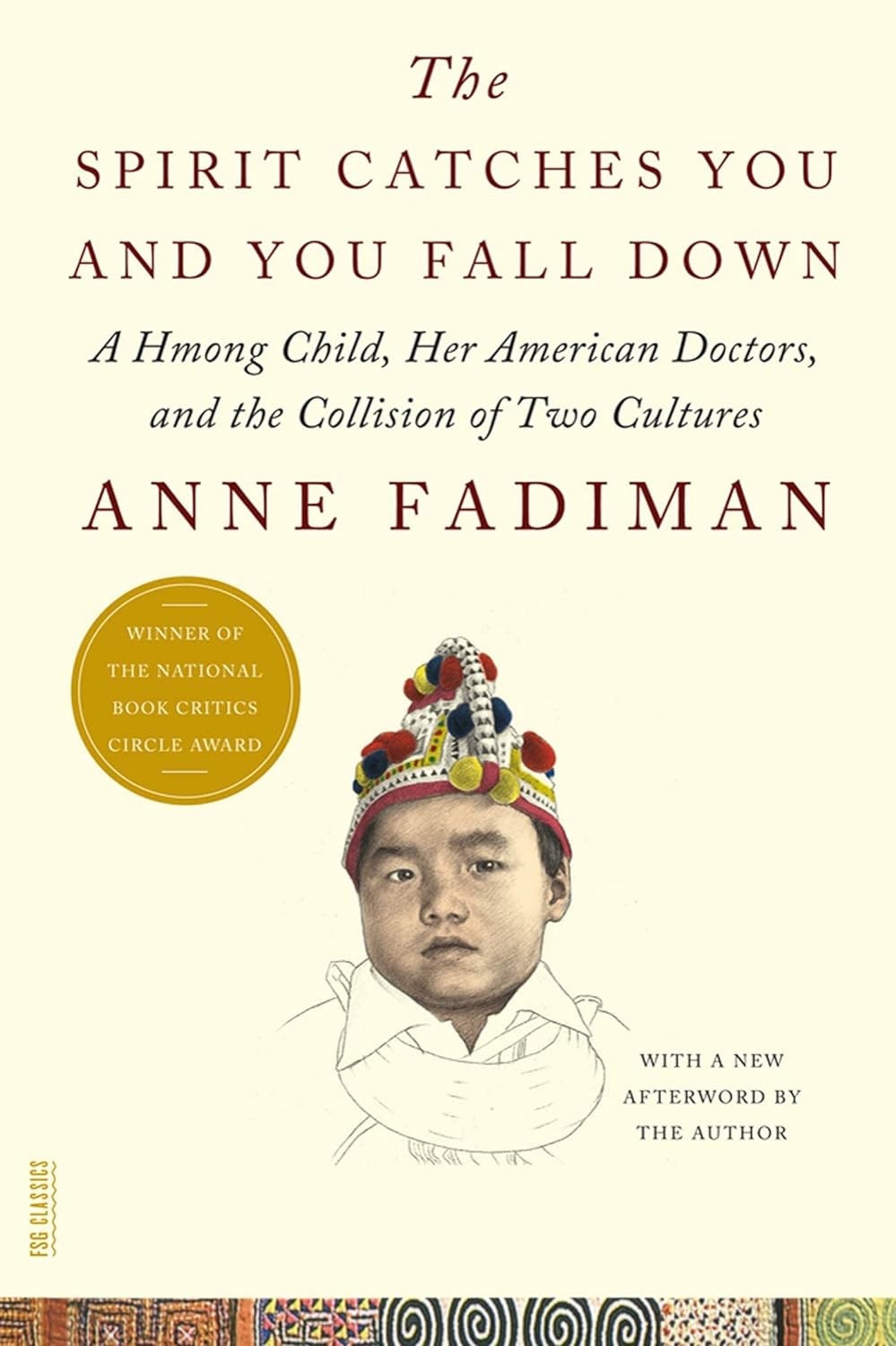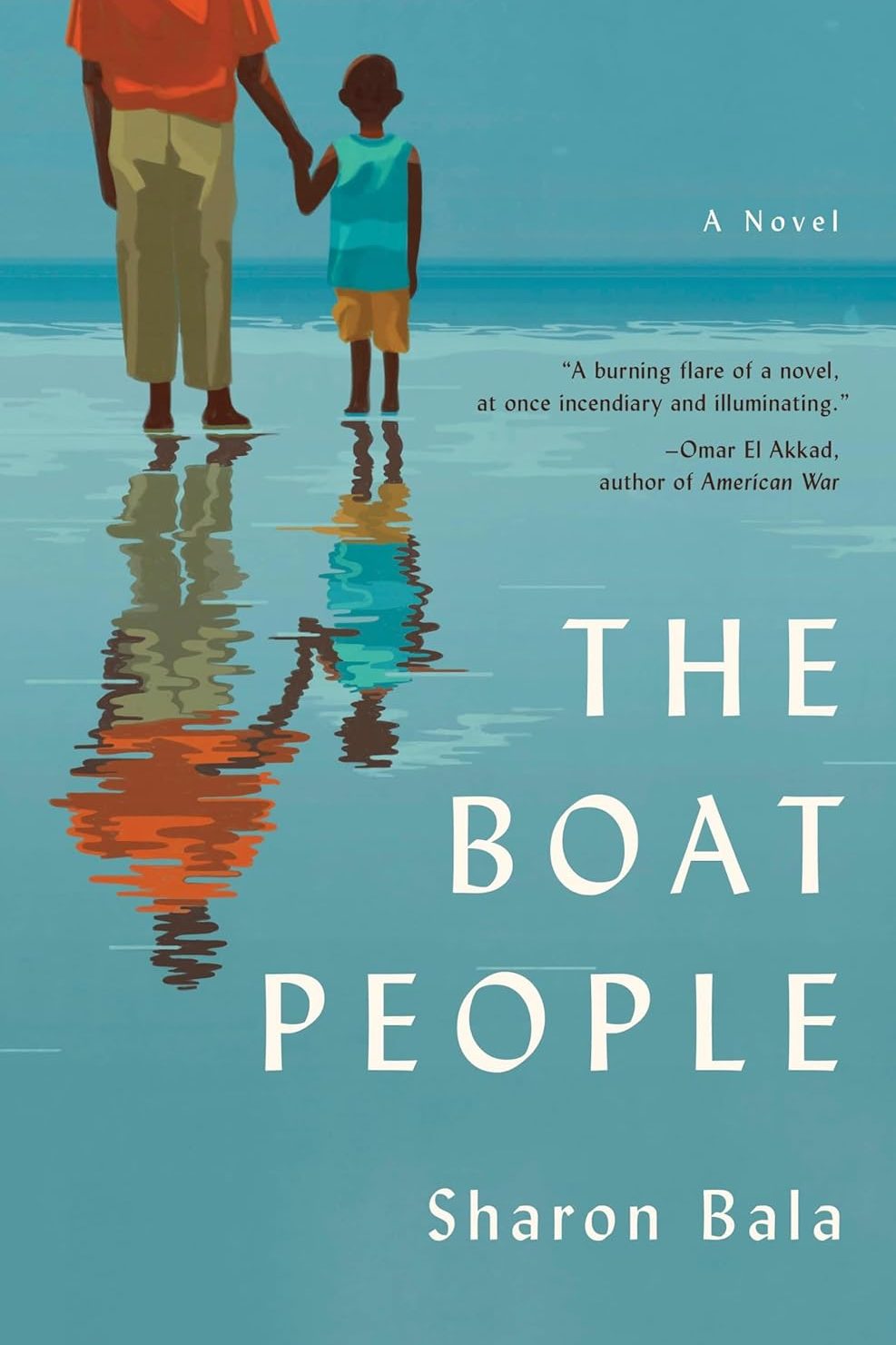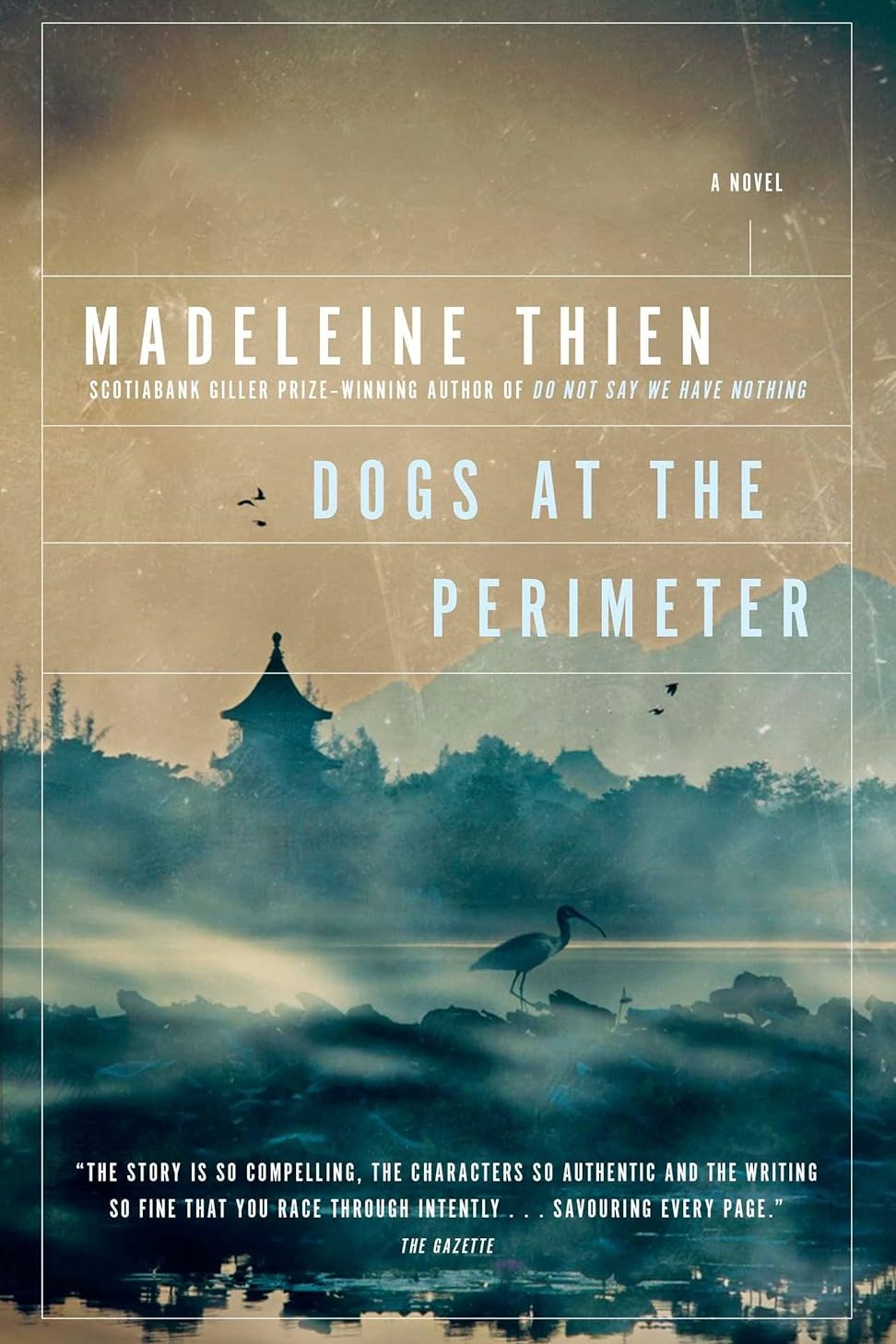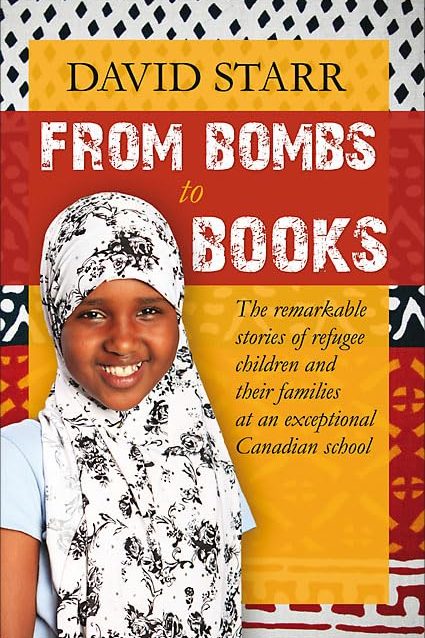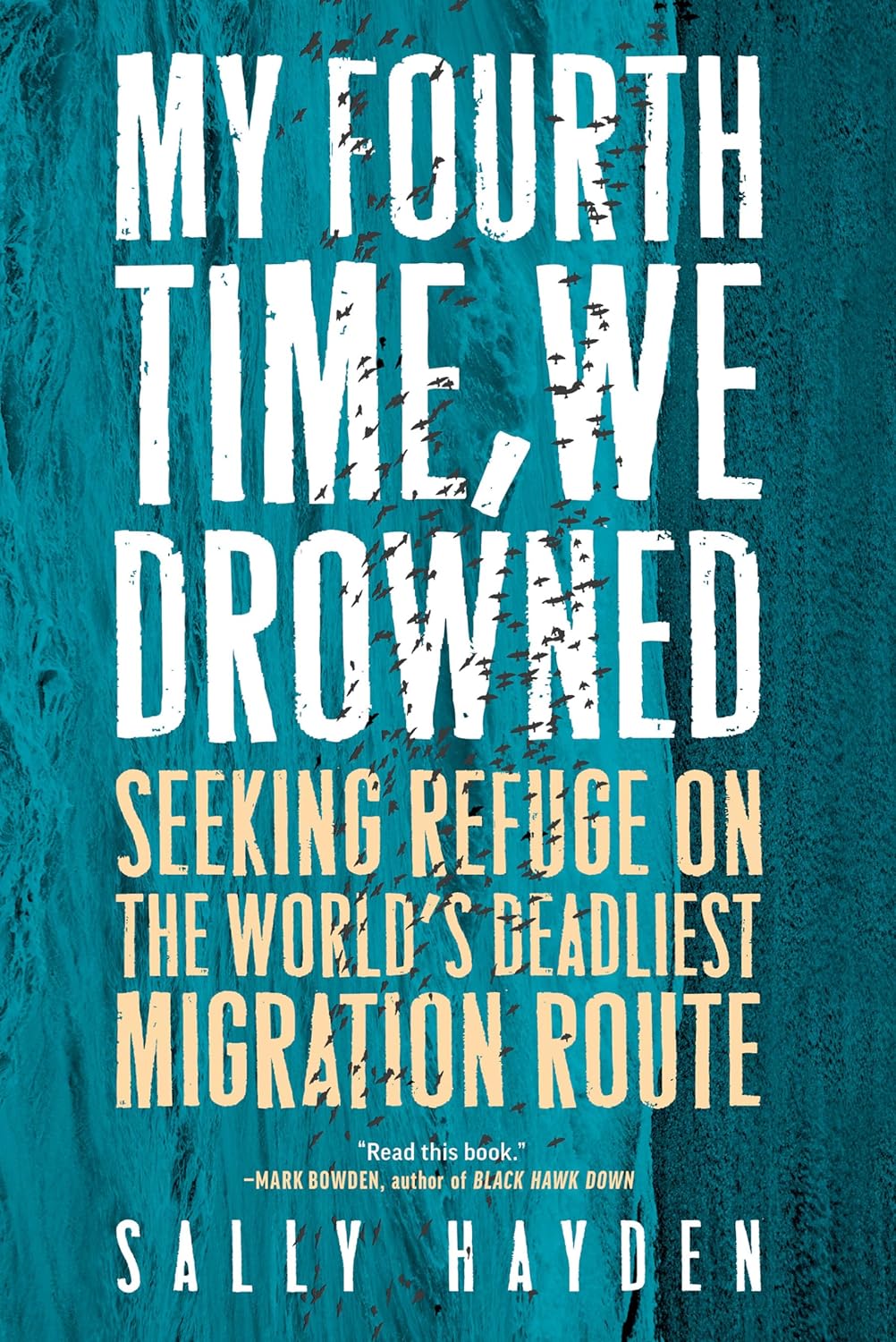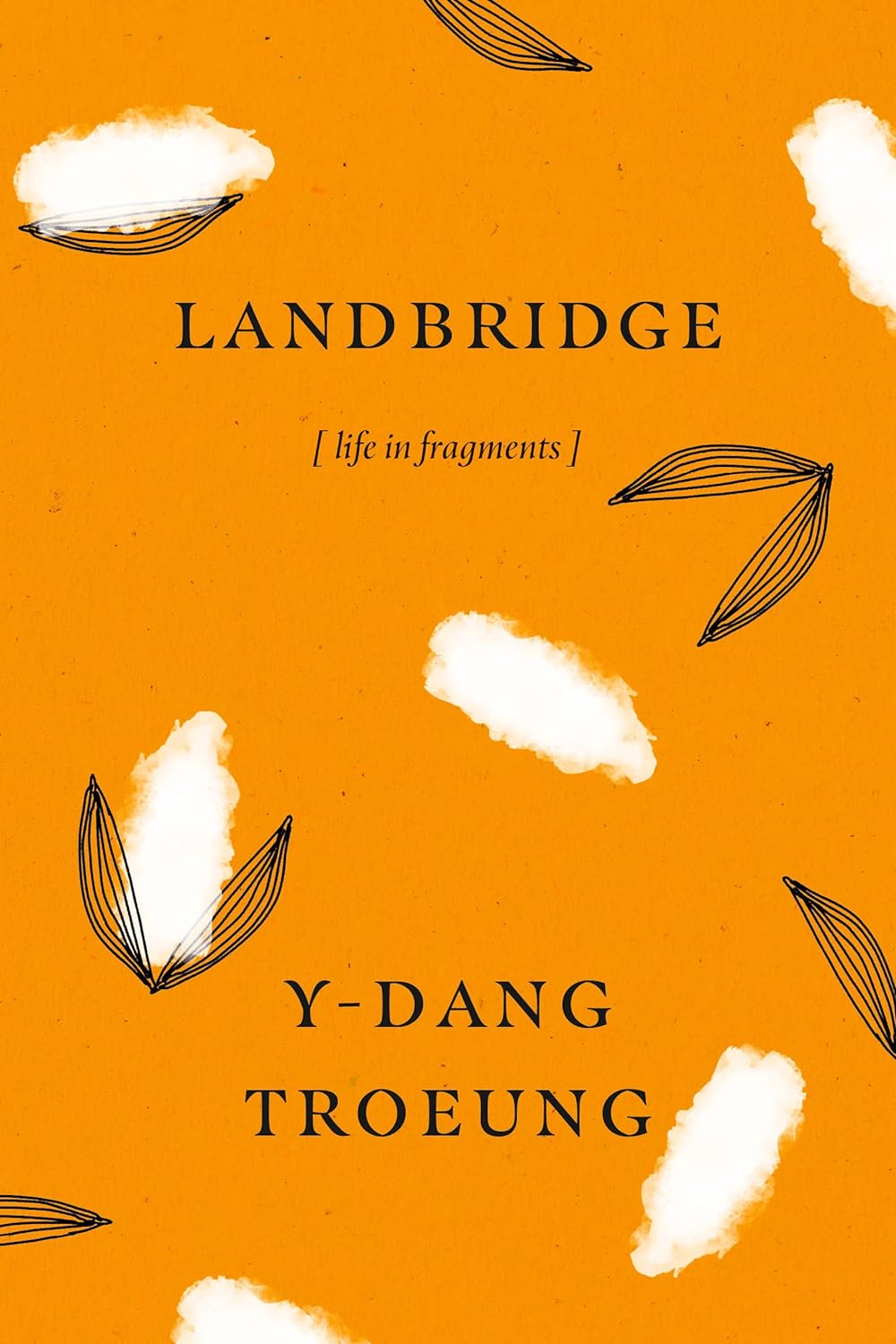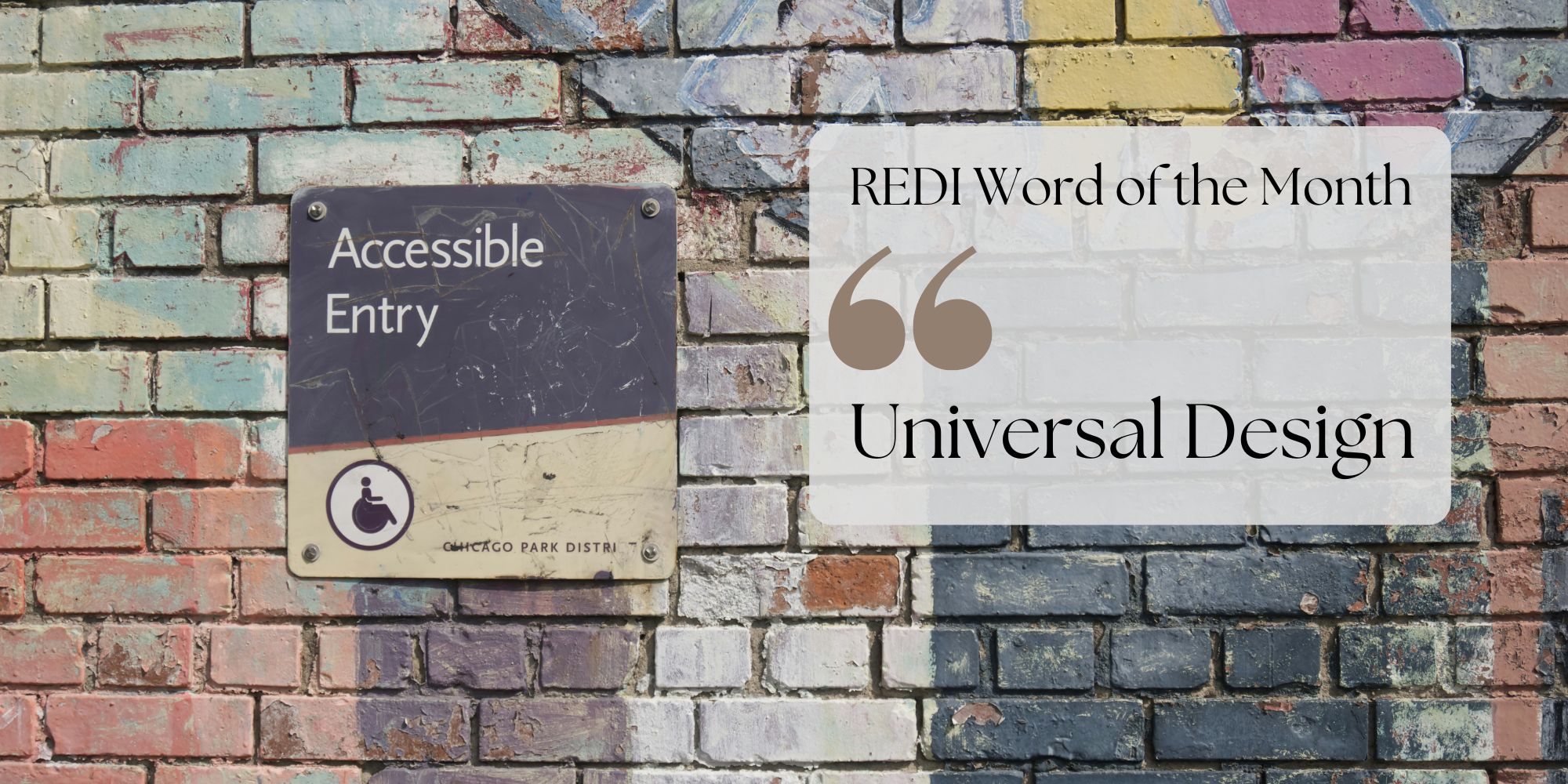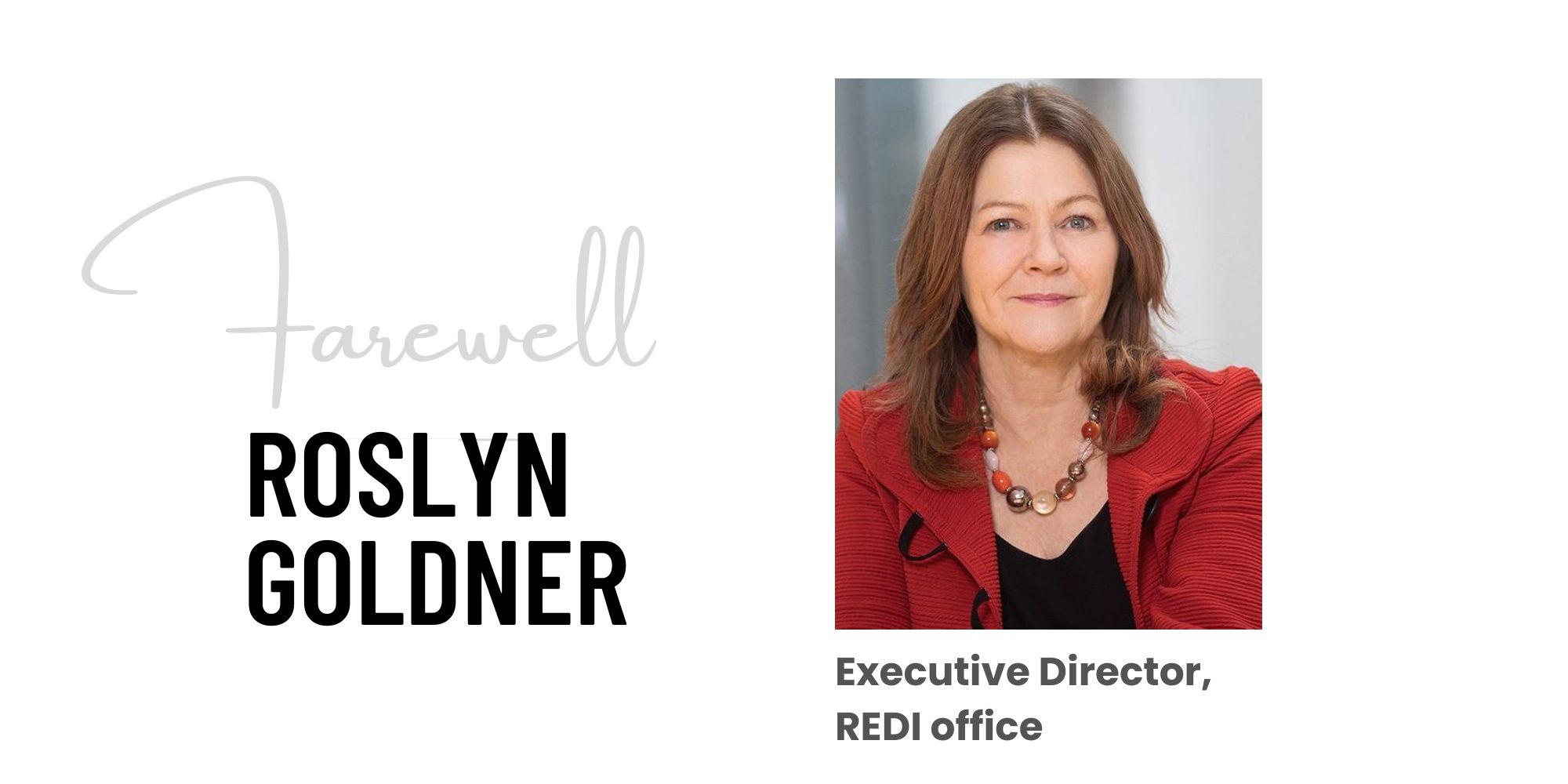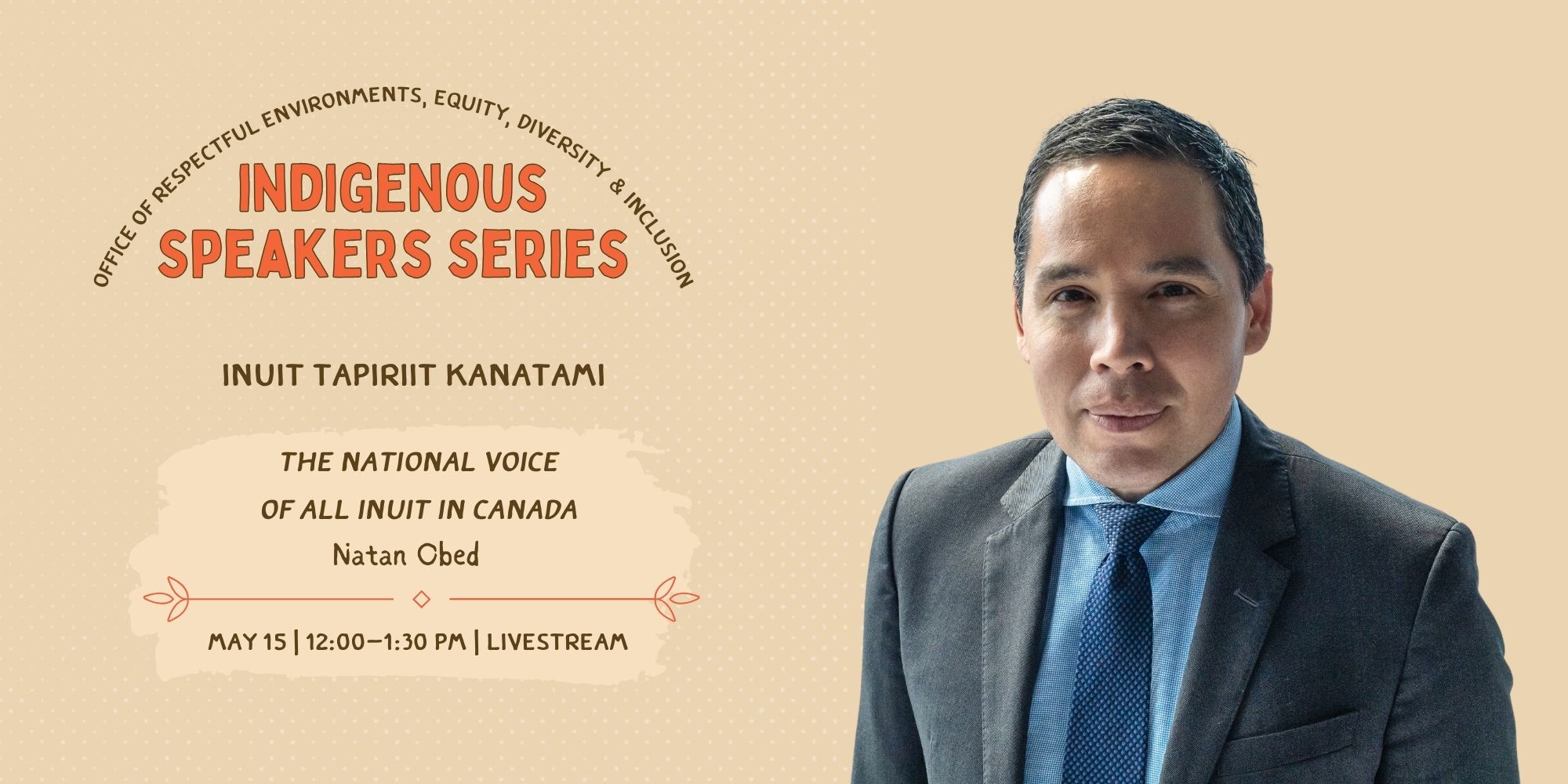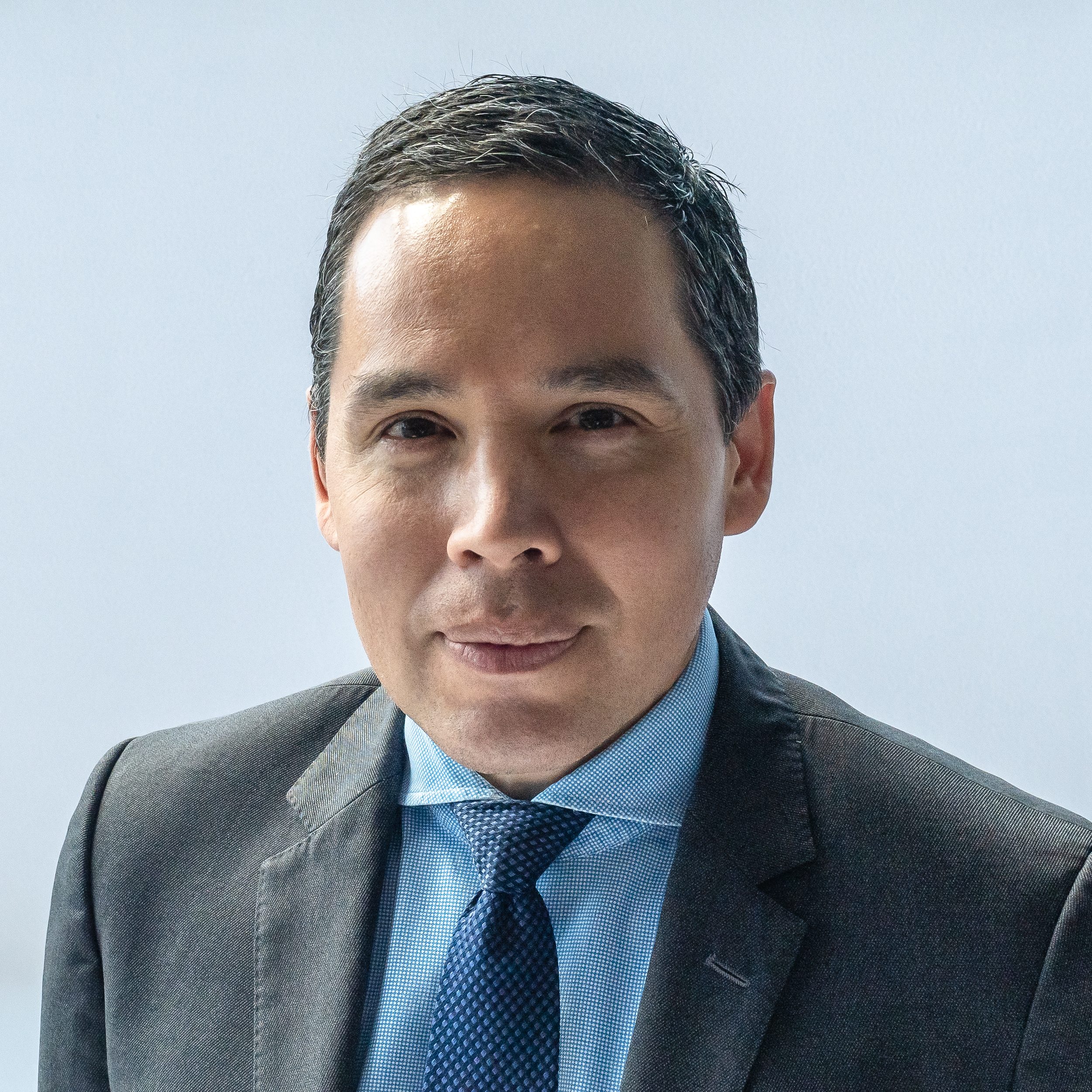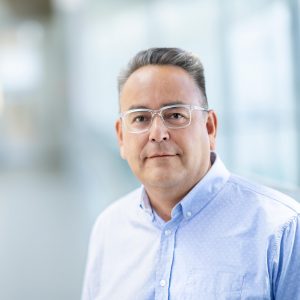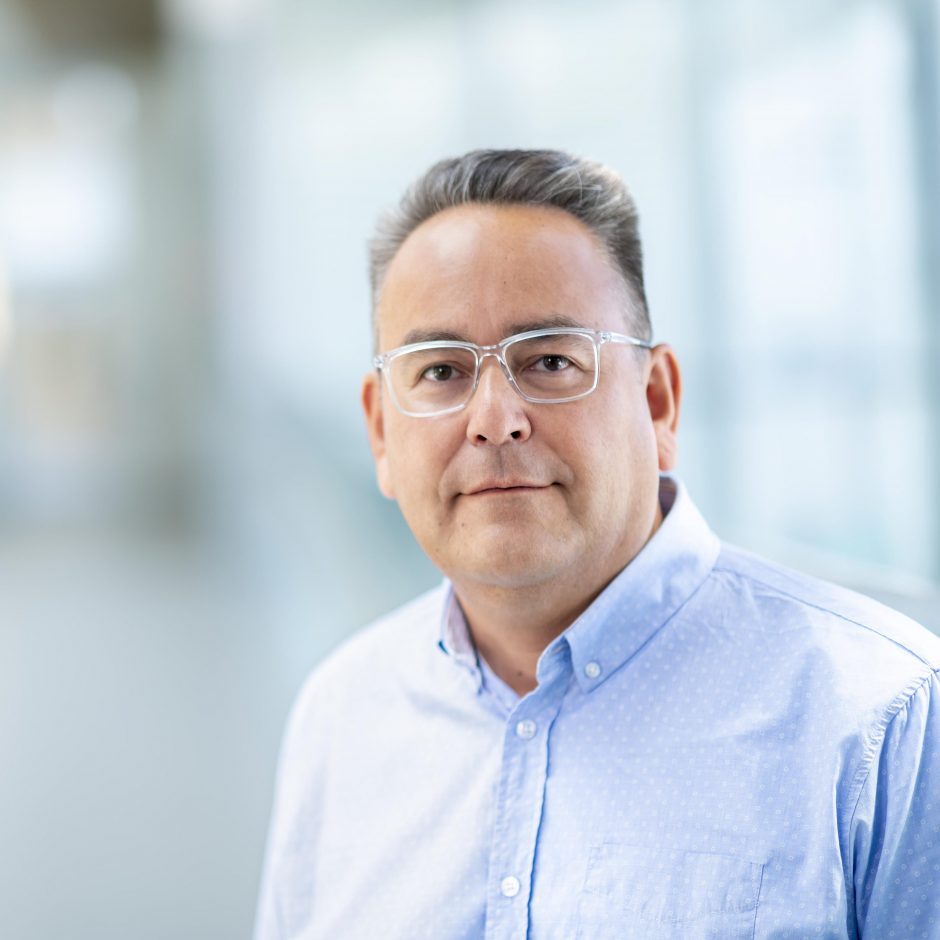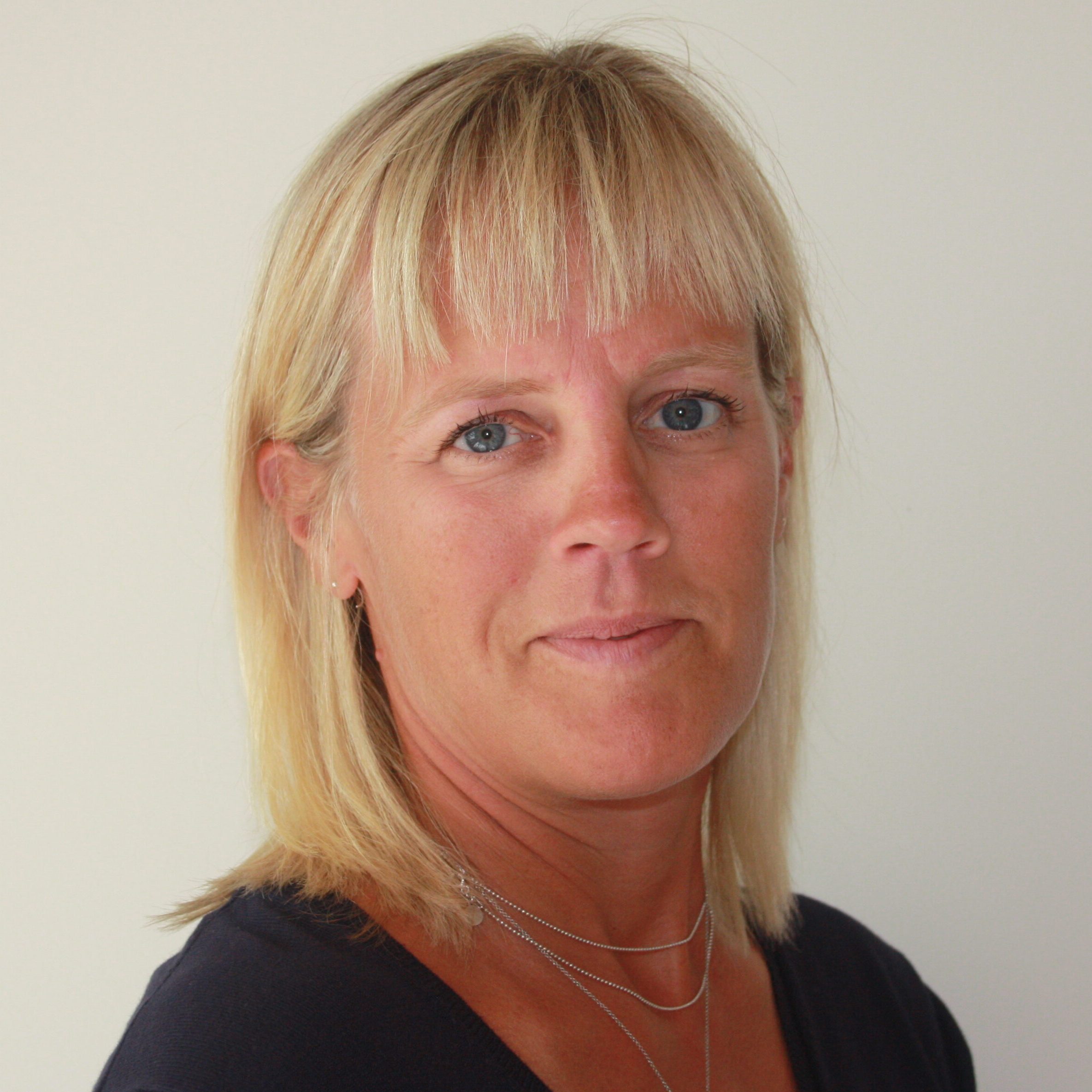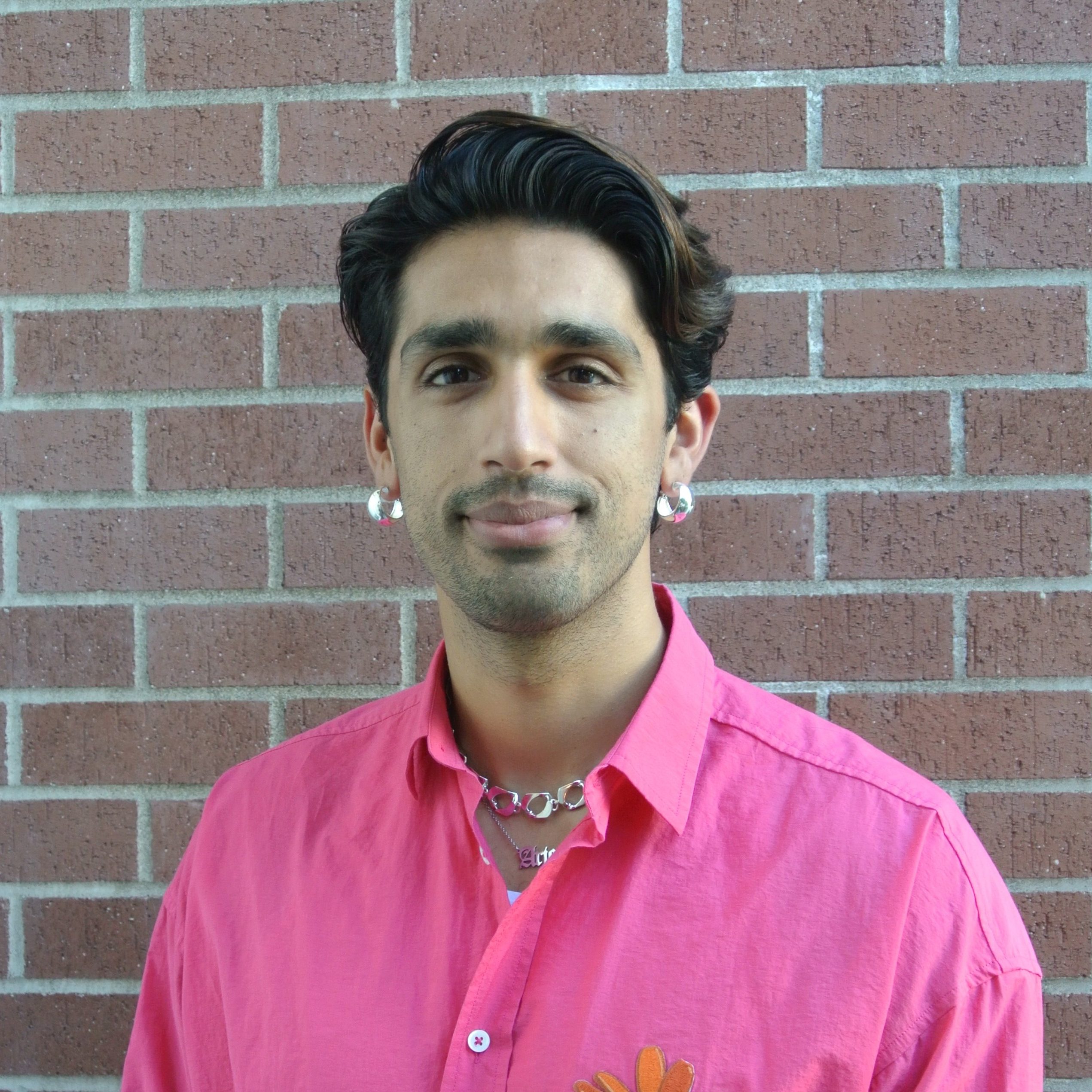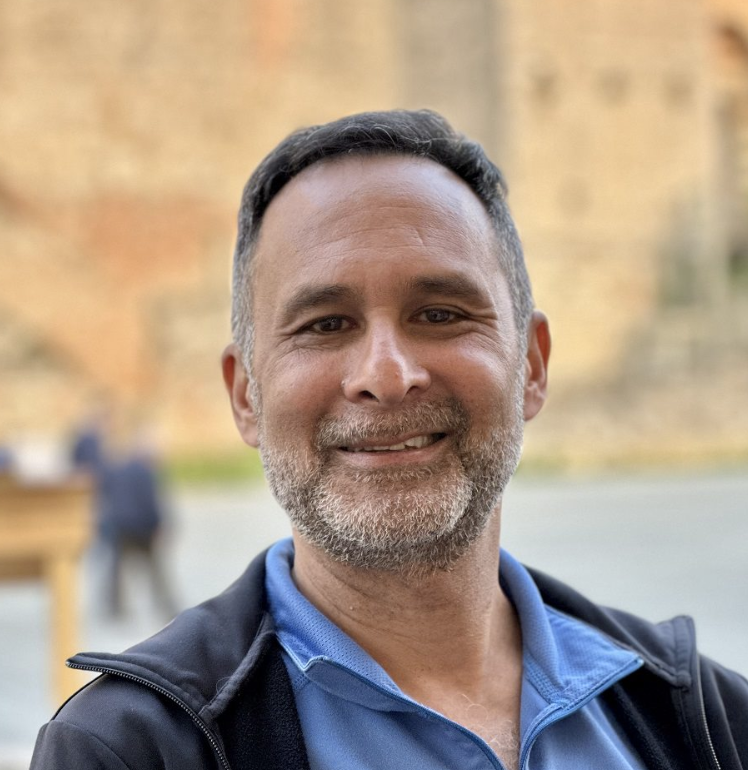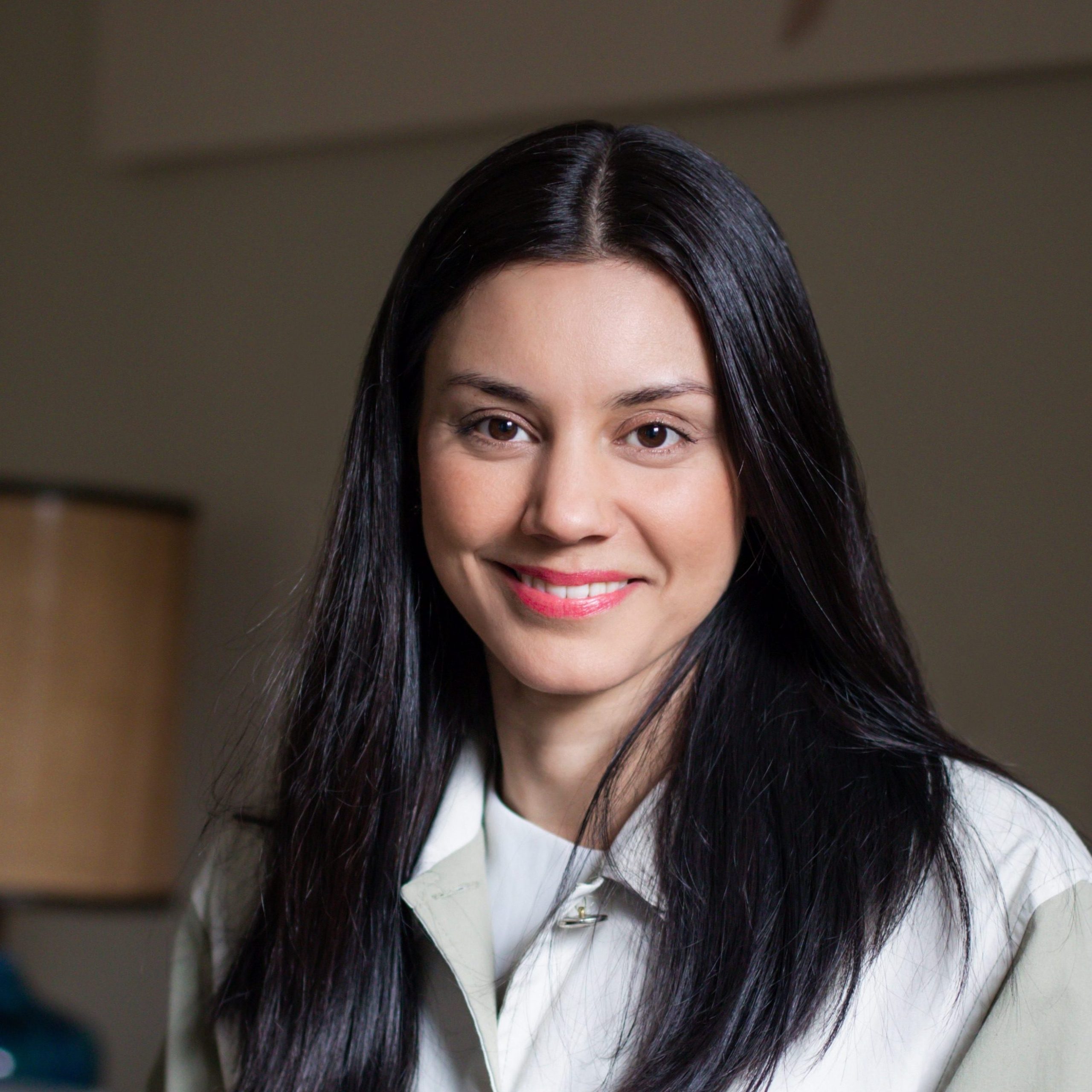Every Child Matters
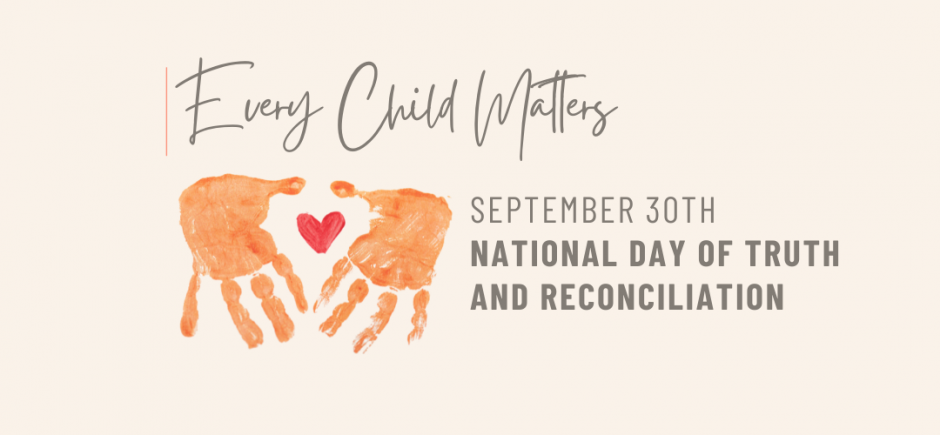
Parts Known & Unknown: Exploring the Borders of Truth, Reconciliation and Redress
W. Kamau Bell joined Anthony Bourdain in Kenya in what was to be the final season of the CNN series, Parts Unknown. Kamau has roots in Kenya and this was his first time travelling to the motherlands of his people, and he stated something that I thought was interesting. He said something like, “coming to Kenya, you know, it’s nice to have a diasporic-kind-of-connection, even though I did not come from Kenya, but I have roots in Kenya, and even if that frame that the connection was built through was colonialism.”
It made me think about what it would be like for someone like myself to travel to the ancestral homes of my people. Well, this is my home. Certainly, more than it is your home, and in this era of truth and reconciliation, it is now both my home as much as it is your home. I come from no other place in the world than from right here, diitiidʔaaʔtx̣ – Ditidaht, we are the Nuuchahnulth and the seas for miles of shoreline and all of the land on the western side of our Vancouver Island home, from Point No Point in the south to Brooks Peninsula in the north, is Nuuchahnulth territory, our haahuulthii.
In the conclusion of that episode with W. Kamau Bell in Parts Unknown, Tony narrates an epilogue, “Who gets to tell the stories? This is a question asked often. The answer in this case, for better or for worse, is I do, at least this time out. I do my best, I look, I listen, but in the end, I know it’s my story. Not Kamau’s, not Kenya’s, or Kenyans’. Those stories are yet to be heard.”
It’s important for colonial settlers, and for new settlers, to Canada to consider who you are and where you come from, and what it means to live in British Columbia, and to think about your own frame of reference as being truly Canadian, even if that frame that the connection was built through was colonialism. The context, the narrative, the history, the good or bad of it, the story of what it means to be Canadian is apart and a part of your individual and shared story as a British Columbian, as a Canadian, as an unwelcomed or welcomed colonial settler, and as a new settler. The stories that have yet to be heard, and are now starting in some ways to be told, is our story, my story, of what it means to be diitiidʔaaʔtx̣, to be Nuuchahnulth, to be First Nations, to be Indigenous, and to also be Canadian in this country and in this province.
The National Day for Truth and Reconciliation is a unique opportunity to bridge the divide of our individual and collective stories, our distinct and shared experiences, and our united effort to right and write a new history chaptered with the stories of a sincere determination to tell the truths of the past, to reaffirm and renew our commitments to reconcile all things oppressive, racist and insufferable, and to create an honest and just redress for all Indigenous – First Nations, Inuit, Métis – peoples. It would be momentous to proclaim someday that we all come from a country in which the frame that the connection was built through was equality, acceptance and compassion.
It’s fair to ask, “What will you do between October 1st, 2022 and September 29th, 2023, to recognize your part in this history, this story, and what will you actively do to shift the narrative?” We’re at an urgent time in our country’s history to thoughtfully and actively explore all parts known and unknown in our ongoing journey to come to terms with each other and with our past, and with the present day. I look forward to the work ahead this year, and I’ll look forward to us hearing each other’s stories next year and in the many years to come.
With Respect,
Derek Thompson – Thlaapkiituup
Indigenous Initiatives Advisor, Office of Respectful Environments, Equity, Diversity & Inclusion
Continue Learning
“The time to make things happen is now. The time to seek out our individual and shared power is now.”
Read the Message from the Indigenous Initiatives Advisor, Derek Thompson – Thlaapkiituup, here
Discover REDI’s Indigenous-Specific Resources here
